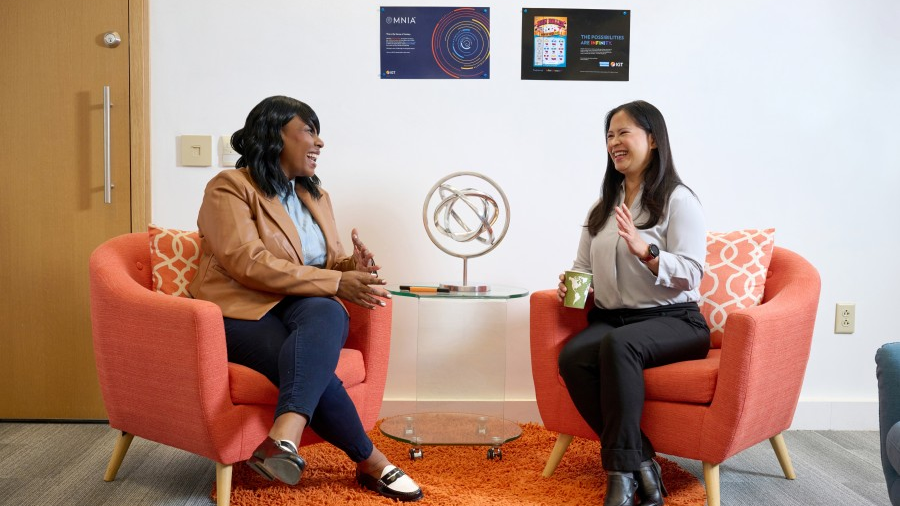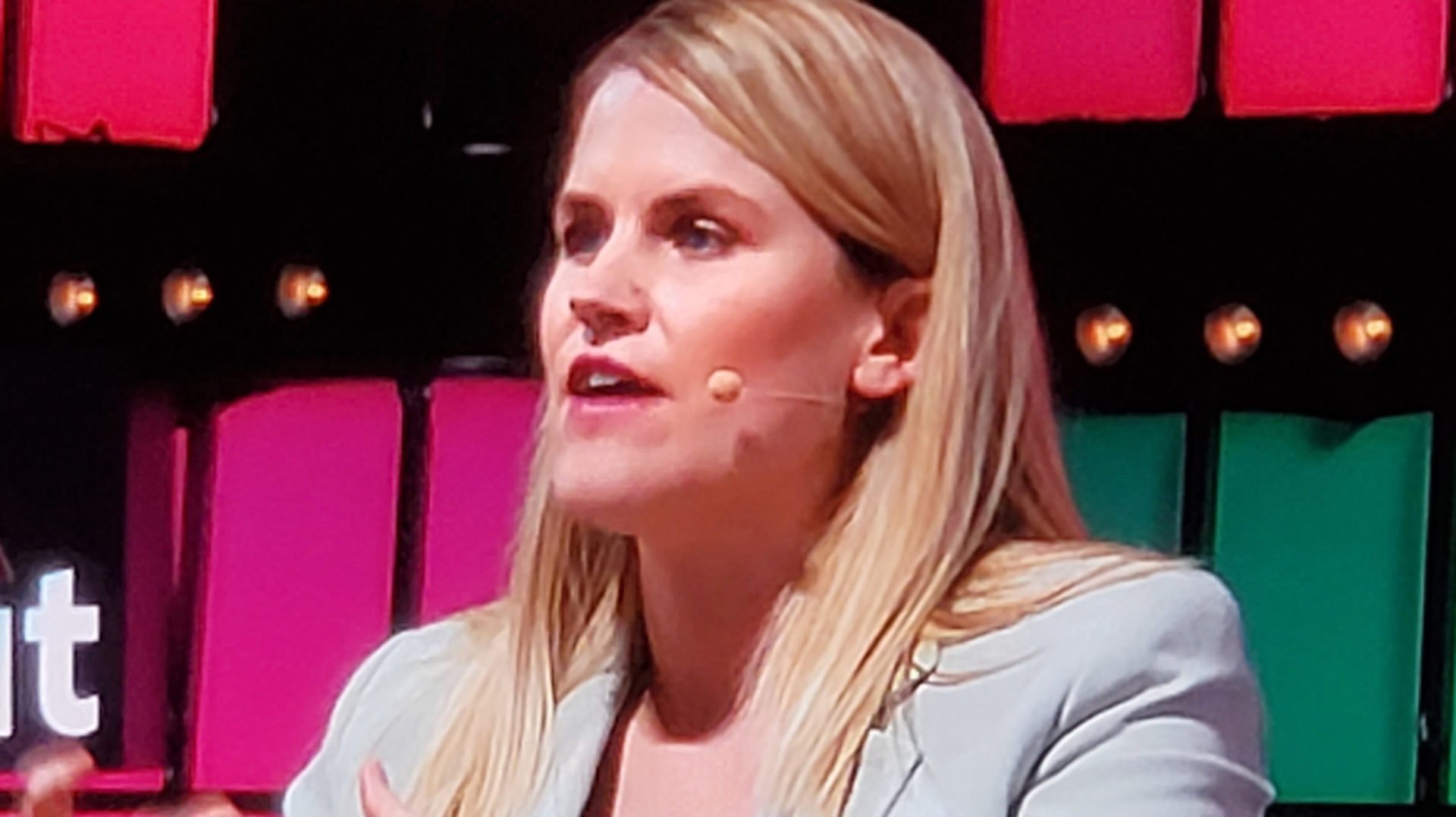Once your Internet company has amassed over 1 billion subscribers around the world, what’s your next move? The most obvious answer is to figure out how to leverage your extraordinary user base to generate revenue. But Mark Zuckerberg’s ambitions for Facebook have always been more complex than simple profit motive. For starters, he’s not content connecting just 1 billion people. As he told Techonomy’s David Kirkpatrick this Monday at the Mobile World Congress in Barcelona, “Our vision isn’t to try to connect one-seventh of the world; it’s to try to connect everyone.” In order to do that, Facebook has to rally other billion-user companies to its cause. “We have to form these partnerships because no one company can change the way that the Internet works by itself,” said Zuckerberg. This may help to explain why he considers Facebook’s recent $19 billion acquisition of WhatsApp a good value.
Zuckerberg doesn’t see connectivity as an end in itself, but as a way to improve people’s lives by giving them access—often for the first time—to basic financial services, medical information, and educational tools, allowing them to start businesses and buy homes, make healthy decisions for their families, or train for jobs in the knowledge sector. Zuckerberg cited a recent Deloitte study that estimates that extending Internet access in emerging markets could lead to the creation of over 140 million new jobs and dramatically decrease the rate of infant mortality. This kind of cyber-optimism is heartening—empowering billions across the globe to build better lives for themselves sounds more sustainable than the hit-and-miss model of foreign aid. But how much capital will it take to achieve Zuckerberg’s vision of a benevolent Internet?
Zuckerberg’s Vision for Building a Benevolent Internet
Once your Internet company has amassed over 1 billion subscribers around the world, what’s your next move? The most obvious answer is to figure out how to leverage your extraordinary user base to generate revenue. But Mark Zuckerberg’s ambitions for Facebook have always been more complex than simple profit motive. For starters, he’s not content connecting just 1 billion people. As he told Techonomy’s David Kirkpatrick this Monday at the Mobile World Congress in Barcelona, “Our vision isn’t to try to connect one-seventh of the world; it’s to try to connect everyone.” In order to do that, Facebook has to rally other billion-user companies to its cause. “We have to form these partnerships because no one company can change the way that the Internet works by itself,” said Zuckerberg.















